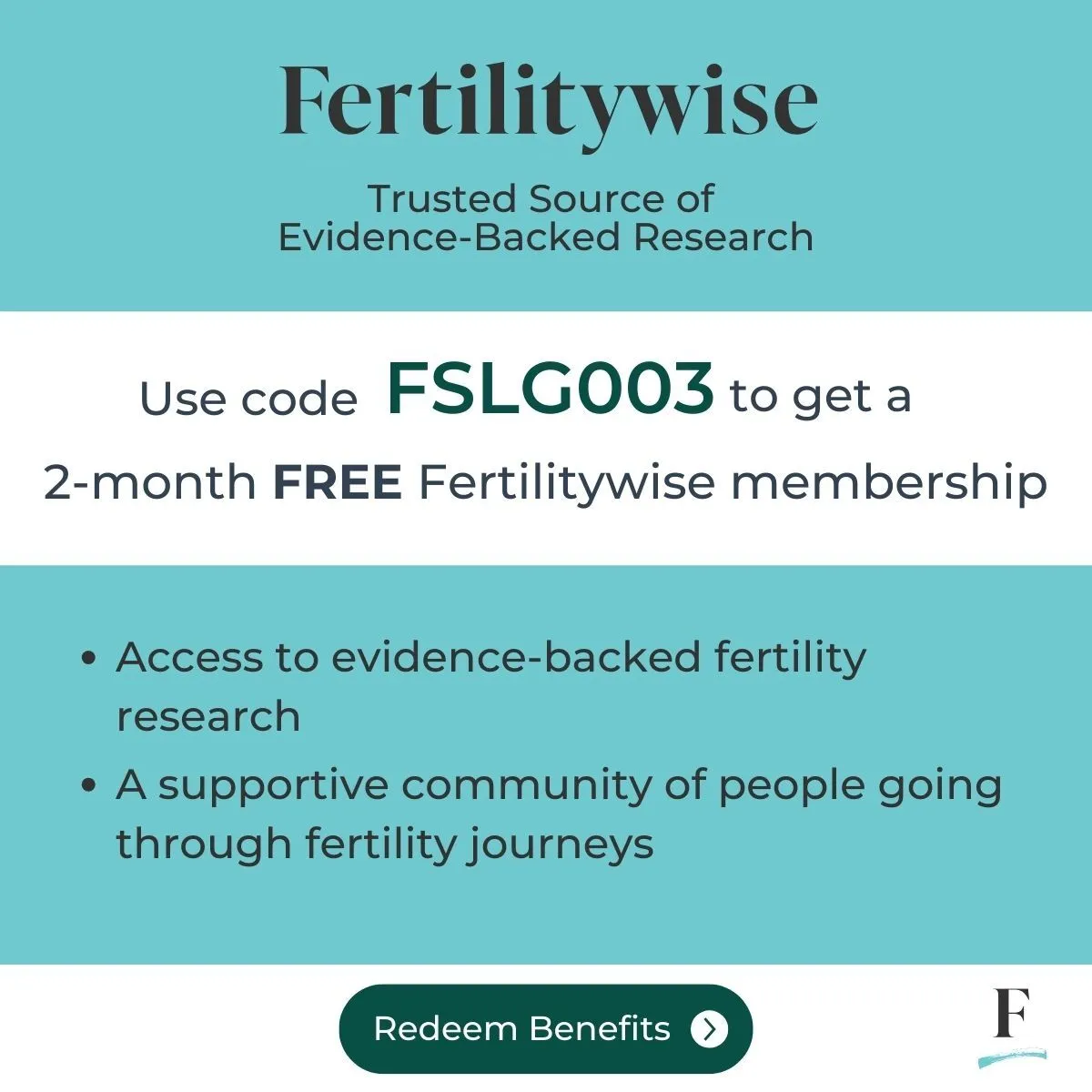Lawsuits alleging fertility treatment discrimination can occur in California when someone hoping to have a child is denied the opportunity by a medical provider. The law leaves no room for unfair treatment to any persons.
What is unfair fertility treatment?
In 1998, the U.S. Supreme Court ruled reproduction a “major life activity.” The ruling affirmed that any interference in the process falls under the American Disabilities Act and is to be regarded as a discriminatory action. By law, no facility or clinician can deny fertility treatment without reasonable cause.
Cases of fertility discrimination
A same-sex couple is arguing that global health care giant Aetna of using its policies to discriminate against LGBTO couples seeking fertility treatment. The suit alleges that the company promotes health care discrimination based on “race, color, national origin, sex, age or disability” and violates the Affordable Care Act §1557.
Another woman and her wife say that fertility regulations are discriminatory based on rules for same-sex versus heterosexual couples. Same-sex female couples must pay out-of-pocket for a dozen IUI or IVF treatments before being eligible for fertility treatment. A same-sex couple could spend up to $40,000 on the treatments. Heterosexual couples only have to try conceiving for 24 months.
Can you be legally denied fertility treatment?
Unfortunately, fertility and surrogacy treatments have no guarantees. You can be denied, but the clinicians must have a good reason.
Examples of potential rejection include believing a person is psychologically unfit to be a parent or if the chances of success are extremely low to go through with treatments. The law decrees that sexual orientation is a not justifiable excuse.
Take note that seekers of treatment are not expected or required to prove that they would make good parents. However, clinicians may recognize the potential for problems during treatment. They may notice indicators of mental illness, substance or spousal abuse or fear for the child. Those possibilities will need evidence to withstand legal scrutiny.
Fertility and surrogacy and the potential for discrimination do occur, but proving it is a complex legal matter. Before engaging in these procedures, it’s vital to know your fertility rights and responsibilities.

